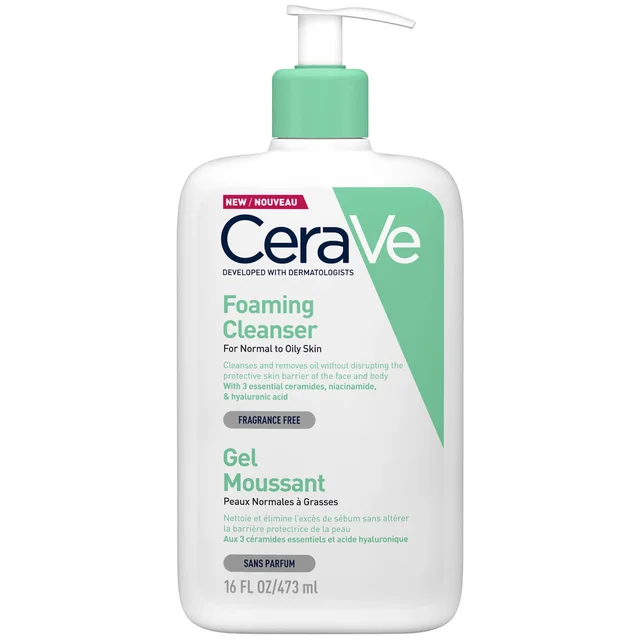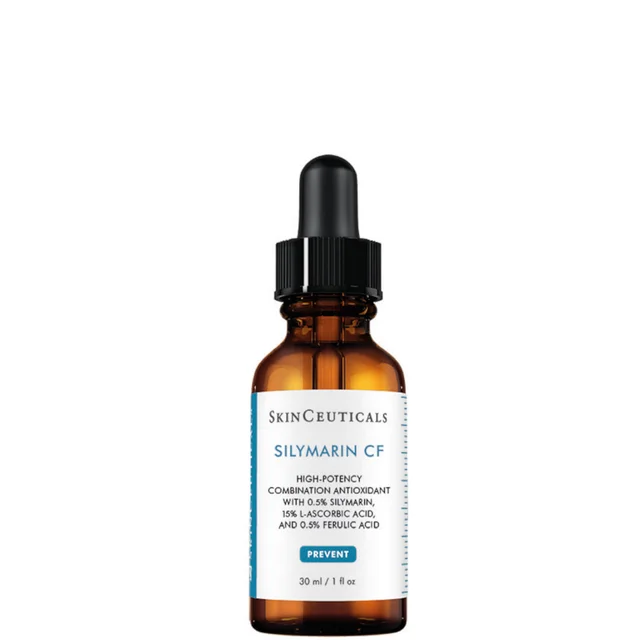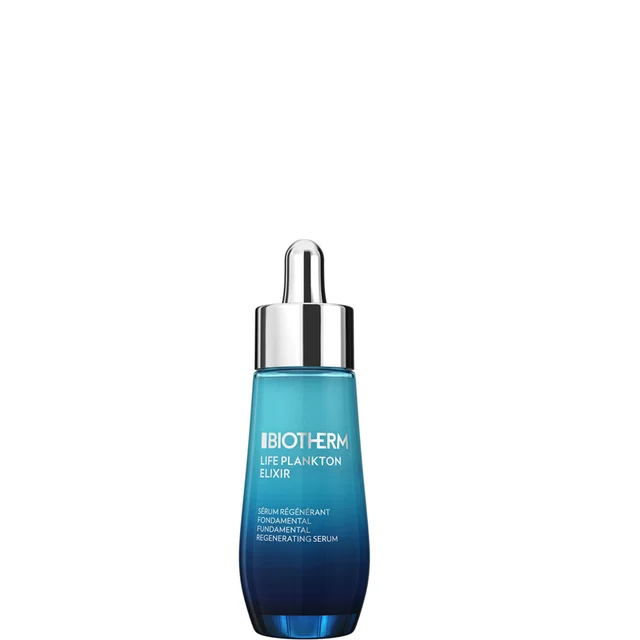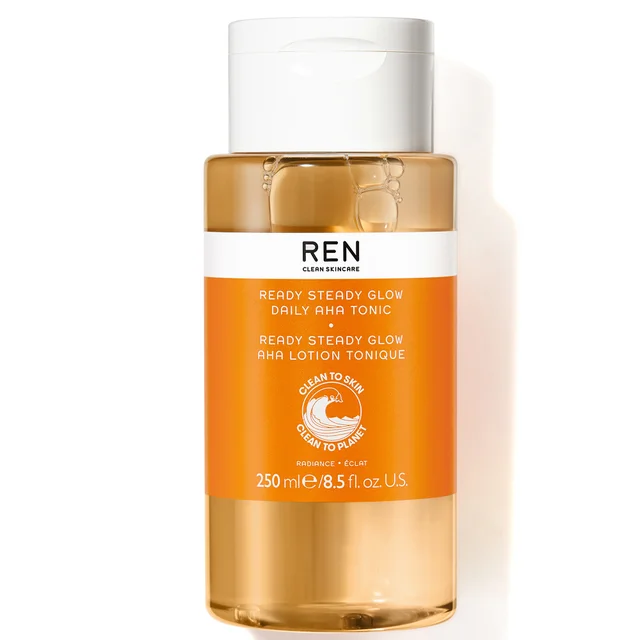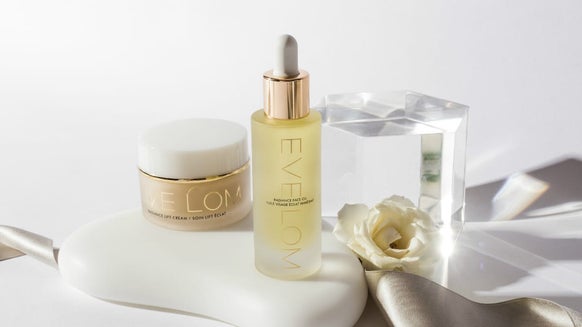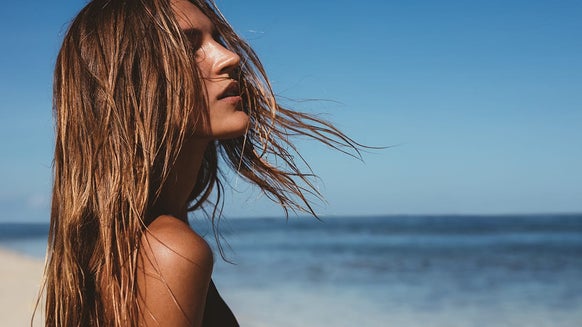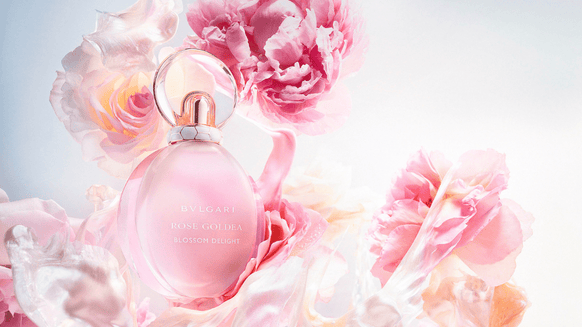Why you may be more prone to blackheads in winter
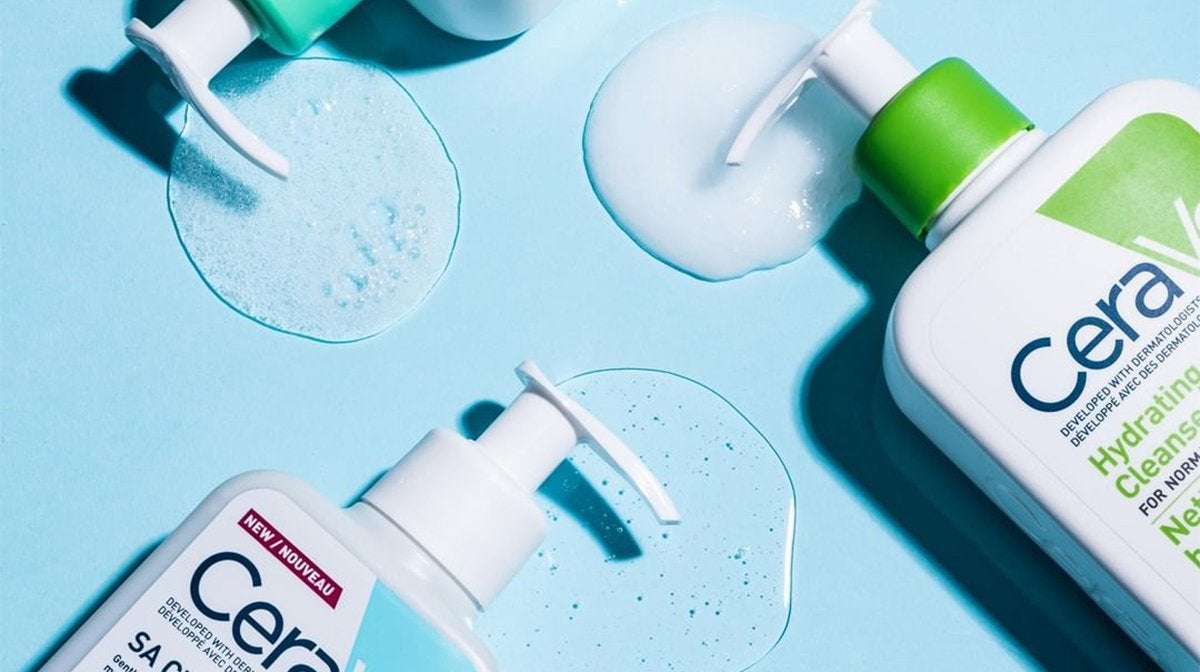
If you've been unpleasantly surprised lately by those pesky blocked pores that you thought you'd left behind in high school, you're not alone. Most commonly found on the nose and chin, blackheads are a form of acne that result from "clogged open pores when the blocked sebum oxidises and turns a darker colour" explains Dr Thivi Maruthappu, Consultant Dermatologist. Though there is no one quick fix for blemishes, there are a number of preventative measures you can take both in your skincare routine and lifestyle that can help to keep the blackheads at bay this winter.
How does the winter weather affect blemishes?
The contrast in environments during the winter months, going from warm, central heated indoor conditions to the ever-changing cold, wind and rain outside can be extremely drying on the skin. "All of these elements pose a stress on our skin barrier which can trigger dryness, redness and flare up of pre-existing skin conditions" explains Dr Thivi. One of the conditions affected by this in particular is breakouts. Dr Thivi says that this is due to the skin's natural oils which are produced as a natural protective way of preventing the skin from drying out and keeping it supple and hydrated. However, the oil production can sometimes go into overdrive and the excess sebum can contribute to blocked pores and breakouts.
On top of this, Dr Thivi points out that during the winter, many of us often suffer from a poorer quality of sleep and don't exercise as much. She explains that 'sleep and exercise are key for stress management', important for keeping blemishes under control as stress can also be a cause of increased sebum production.
How to prevent and treat blackheads
"Preventing blemishes starts with a good skincare routine" stresses Dr Thivi. She advises switching to richer products during the winter to support hydration, but recommends looking for "non-comedogenic products to prevent aggravating further breakouts".
"Choose a mild cleanser such as CeraVe's Hydrating Cleanser or the CeraVe Foaming Facial Cleanser and cleanse twice daily" says Dr Thivi. If your skin does start to dry out over the winter, opt for the Hydrating Cleanser for more moisture.
She recommends following this with the La Roche Posay Effaclar Duo+ which helps to support the skin's microbiome and contains active ingredients that help to unclog the pores and reduce inflammation. " Don't forget that even oily, blemish-prone skin benefits from moisturisers to balance hydration" says Dr Thivi. "If your skin is feeling dry and tight, add a layer of Vichy Mineral 89 to moisten the skin underneath your Effaclar for a hydration boost" she advises.
"Throughout the winter months, SPF and antioxidants are still important as they help to minimise pigmentation which can occur after breakouts" says Dr Thivi. She loves the Skinceuticals Silymarin CF Vitamin C Salicylic Acid Antioxidant Serum which contains a highly active mixture of Vitamin C and Silymarin which help to improve skin clarity. "Follow with a non-comedogenic SPF such as the La Roche Posay Anthelios Ultra light SPF 50".
If you have more mature skin, or are concerned about wrinkles, the Biotherm Life Plankton Elixir contains a mix of hyaluronic acid and Vitamin C to keep the skin hydrated and even in tone and texture. Life Plankton in the formula also promotes the skin's natural regeneration process, reducing the visible signs of ageing.
If stubborn black spots have already taken up residence on your face, Dr Thivi suggests using gentle, exfoliating ingredients such as salicylic acid and glycolic acid: "I recommend the La Roche-Posay Effaclar Serum Ultraconcentrate which contains both of these ingredients to help micro-exfoliate and unclog pores from dead cells and sebum". She warns not to extract blackheads with a suction device or pore strips as these can "traumatise the skin" and lead to inflammation and scarring. "I find that the regular use of gentle exfoliating acids is the best way to manage blackheads. As an alternative, a retinoid can also be helpful but make sure to start with retinoids slowly to prevent redness and scaling" advises Dr Thivi.
The perfect present for the skincare lover this Christmas or a treat for your own complexion, the GLAMGLOW Pore-Parazzi Set contains a Cleanser, Moisturiser and Clearing Treatment, all specifically formulated for congested skin. Using active ingredients such as charcoal and K-17 clay, the trio help to unblock the pores to leave the skin looking clearer and glowing.
As well as supporting the skin with a preventative skincare routine, there are also a number of lifestyle changes you can make to reduce breakouts according to Dr Thivi. These include:
Try to achieve between 6-9 hours of sleep per night (as recommended by the NHS). - Prioritise at least 30 minutes of exercise per day.
- Make sure to cleanse your skin directly after exercising to avoid sweat blocking pores.
- Try and reduce stress by dedicating time to relax each day.
- Clean your bedding regularly to avoid dirt and build up transferring.
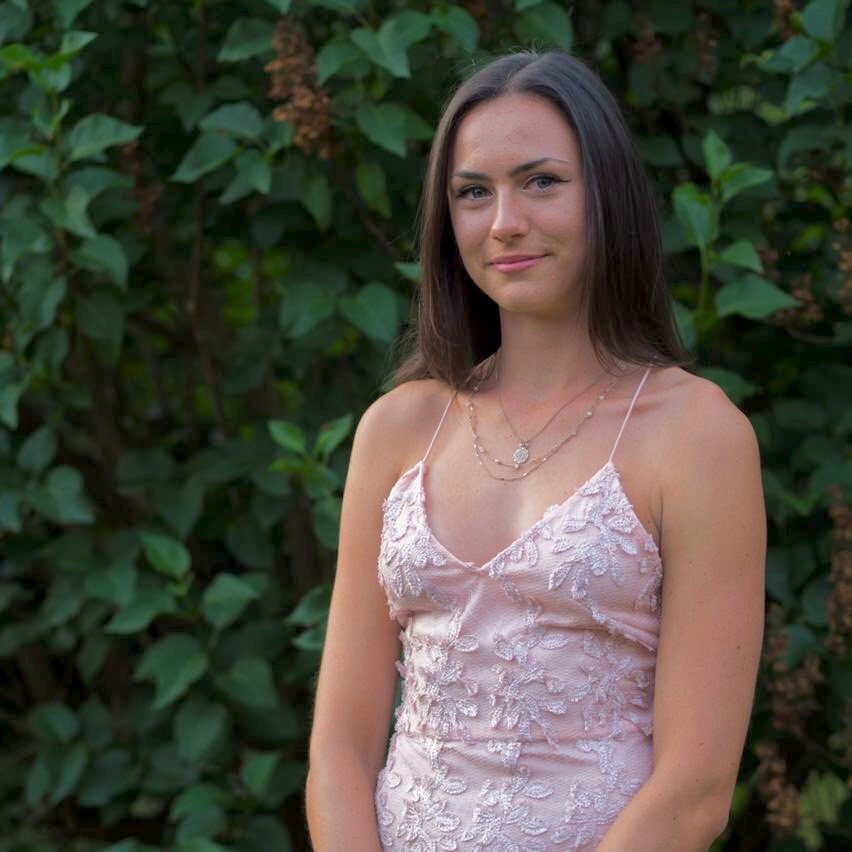
Working with brands at LOOKFANTASTIC for over two years I have developed my knowledge of all things beauty from key skincare concerns to niche makeup tricks and haircare hacks. I have a major passion for finding effective solutions that are easily accessible to everyone so that we can all achieve our best, glowing complexion.

